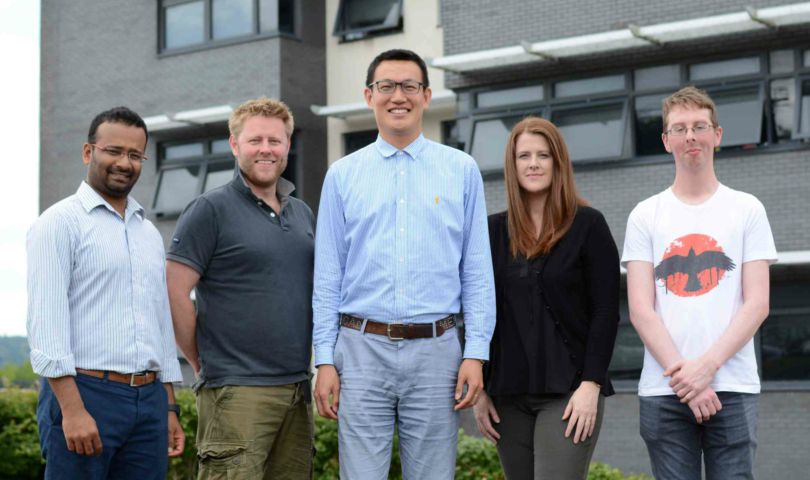Tech experts based at Waterford Institute of Technology have joined European counterparts in a project to develop a truck navigation system that will prevent the vehicles from being used in a terror attack.
The TransSec project includes leaders in the fields of telecoms and other wireless, high-speed communications protocols at the Telecommunications, Software and Systems Group (TSSG) at Waterford Institute of Technology.
The teams from across Europe are working together with Daimler on the development of a new type of truck that is fitted with impregnable road transport and dangerous goods protection systems. The teams comprise SMEs, research institutes and a university.
The system will include precise vehicle positioning and navigation for on road use, including lane positioning, as well as off-road use safeguards. It also includes vehicle movement monitoring for dangerous goods, with a critical area alarm and integration into the European-wide emergency eCall system.
TransSec will also provide vehicle communication security for critical information exchange as well as on-board, pre-crash environment detection of vulnerable objects, both on and off road.
The project will also feature protected, autonomous emergency manoeuvring for crash prevention on and off road, according to Frances Cleary, TSSG research unit manager.
“Having companies, research institutes and a university involved in the consortium allows everyone to play to their strengths and deliver practical, pragmatic, value for money outcomes,” she added.
TransSec is being funded under the EU’s Horizon 2020 initiative.
“Terror attacks with trucks in Nice and Berlin have shown drastically the damage a heavy truck can cause; how easy it is to misuse a truck for attacks and that the newest safety systems cannot prevent these attacks,” said Cleary.
“As a consequence of such terrorist-related incidents, road transport safety has to be supplemented by road transport security. The TSSG project team will help to produce an early prototype which can be implemented by truck companies during manufacture or retrofitted to existing fleets.”
Photo (l-r): TransSec project team members Nithin Padmaprabhu, Martin Tolan, Ruisong Han, Frances Cleary and Ryan McCloskey









